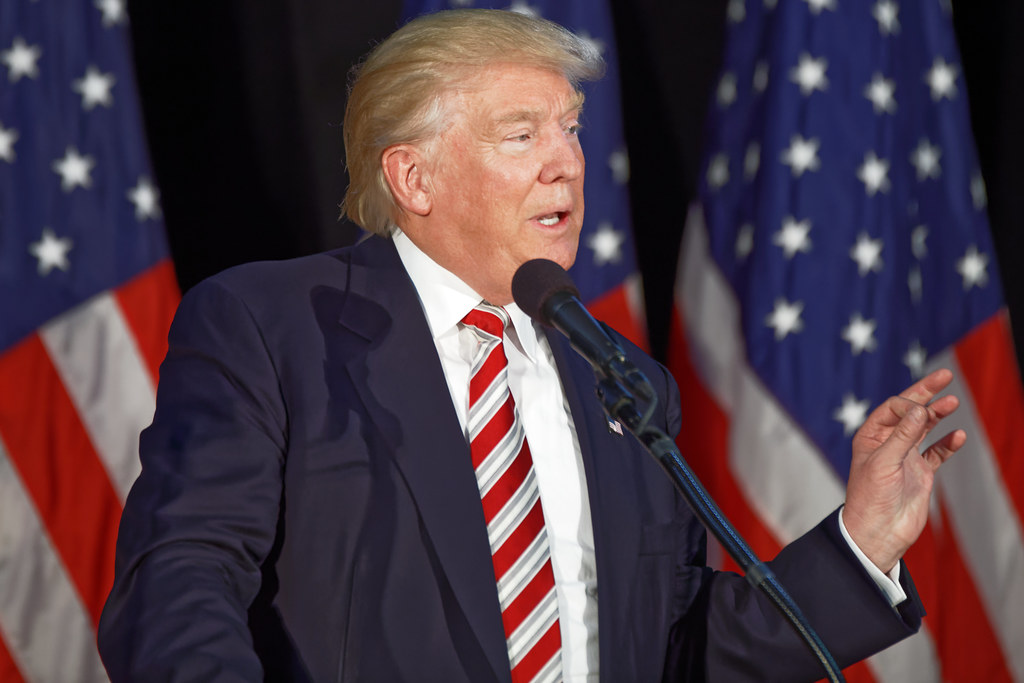Donald Trump’s criminal conviction marks a series of unprecedented events. He’s the first former or current U.S. president found guilty of a crime and the first presumptive major-party nominee to be a convicted felon. While Trump plans to appeal the hush-money case and awaits his July 11 sentencing, which could theoretically include prison time and a hefty fine, the political ramifications are already being speculated upon.
“We often look to history to find some kind of hint of what’s going to happen,” says Jeffrey Engel, director of the Center for Presidential History at Southern Methodist University. “But there is nothing in the record that comes even close to this.”
Trump secured the Republican presidential nomination earlier this year and is set to be officially nominated at the party’s convention shortly after his sentencing. Current polls indicate a tight race with President Joe Biden, with Trump maintaining a slight edge in key swing states. However, surveys suggest that his conviction could alter these dynamics.
Exit polls from the Republican primaries this winter revealed that a significant number of voters would not support Trump if he were convicted of a felony. An April survey by Ipsos and ABC News found that 16% of Trump backers would reconsider their support if he were convicted. These were hypothetical situations, but now voters face a real conviction.
“The real verdict is going to be [on] 5 November, by the people,” Trump stated after leaving the courtroom.

Doug Schoen, a pollster for Democratic President Bill Clinton and independent New York City Mayor Michael Bloomberg, believes that voters may be more focused on issues like inflation, the southern border, and international competition by November. “While it’s not a great thing to be convicted of a crime, what voters will be thinking about in November is inflation, the southern border, competition with China and Russia, and the money that is being spent on Israel and Ukraine,” he said.
Even a slight dip in Trump’s support could be critical in a close race. If a small percentage of his voters stay home in key states like Wisconsin or Pennsylvania, it could swing the election.
“I do think it will have an impact and damage him as a candidate,” says Ariel Hill-Davis, co-founder of Republican Women for Progress. She notes that younger, college-educated suburban voters have been uneasy about Trump’s behavior and governance. “The guilty verdict is going to further shore up those concerns.”
Despite this, leading Republicans, many of whom attended the trial to show loyalty, quickly rallied behind Trump. House Speaker Mike Johnson called the conviction “a shameful day in American history” and labeled it a political exercise rather than a legal one.
For years, experts and opponents have predicted Trump’s political downfall, only to be proven wrong. His 2016 campaign survived numerous scandals, including the infamous Access Hollywood tape. His party supported him through two impeachments and the chaotic end of his presidency, which included the Capitol riot by his supporters.
This did not prevent Trump from staging a political comeback, positioning him to potentially reclaim the White House in November. “It’s axiomatic at this point, but Trump’s continued support, despite the kind of scandal that would have scuttled literally any other previous candidate in American history, is truly astounding,” says Engel.
This criminal conviction might be different—especially if Trump’s appeals fail and he faces prison. Or it could be another in a series of events that, in hindsight, were merely bumps in Trump’s path to power.
Allan Lichtman, a professor at American University with a model that has accurately predicted every presidential race since 1984, admits that Trump’s conviction could be a “cataclysmic and unprecedented” event that changes the course of history.
“History books will record this as a truly extraordinary, unprecedented event, but a lot will depend on what happens afterwards,” he says.
The final judgement on Trump’s conviction will come from voters in November. If he loses, the conviction will likely be seen as a contributing factor. If he wins, it may become just a footnote in his contentious political career.
“History is written by the winners, as we all know,” Engel concludes.






